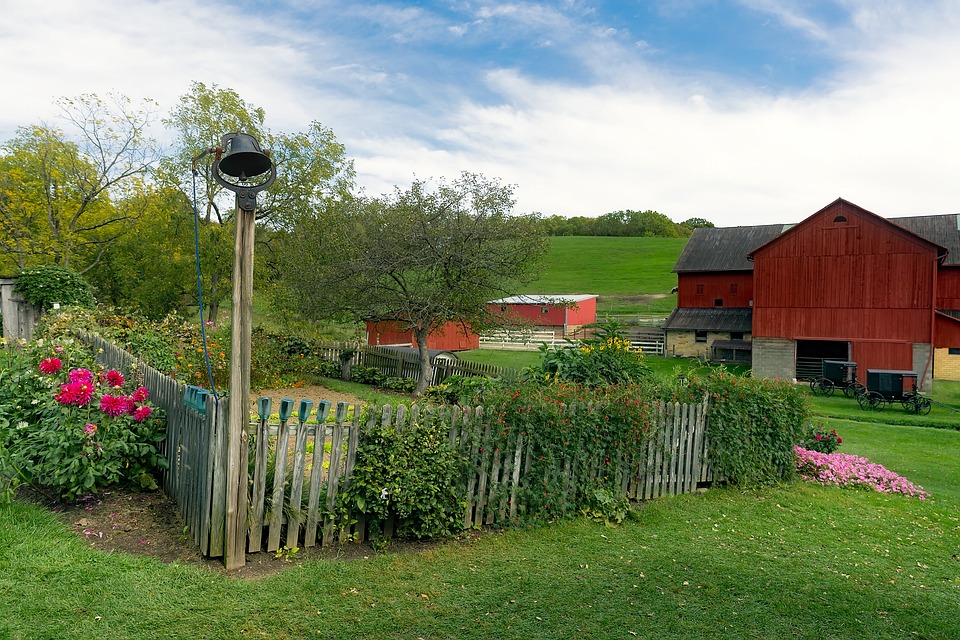The COVID-19 pandemic has brought to light the importance of sustainable agriculture and resilient farming practices when it comes to ensuring food security. As someone who has spent years living off the grid and delving into sustainable farming and gardening, I have seen firsthand the positive impact these practices can have on food production and distribution. Building resilient farms through sustainable agriculture not only provides a steady supply of nutritious food, but also helps promote environmental conservation and community resilience. In this article, we will explore how sustainable agriculture enhances food security and the steps individuals can take to build more resilient farms.
Sustainable agriculture is a holistic approach to farming that aims to produce food in a way that is environmentally friendly, socially responsible, and economically viable. It focuses on practices that maintain soil health, conserve water, reduce chemical inputs, and promote biodiversity. These principles not only contribute to the long-term health of the land, but also ensure a stable and consistent food supply. When farms operate in harmony with nature, they are better equipped to withstand environmental challenges such as extreme weather events and climate change, thereby enhancing food security for communities.
One of the key components of sustainable agriculture is regenerative farming, which focuses on rebuilding healthy soil ecosystems. Healthy soil is essential for crop growth and production, and regenerative farming practices such as cover cropping, crop rotation, and minimal tillage help to improve soil structure, increase fertility, and sequester carbon. By focusing on soil health, sustainable farms are able to produce higher yields and better quality crops, which in turn enhances food security for both the farm and the community it serves.
In addition to soil health, sustainable agriculture also promotes biodiversity on the farm. Diverse ecosystems are more resilient to pests, diseases, and other environmental stressors, and can better adapt to changing conditions. By incorporating a variety of crops, livestock, and natural habitats, farms can create a balanced and resilient environment that supports healthy food production. This diversity not only enhances food security, but also contributes to the overall health of the farm ecosystem.
Proper water management is another crucial aspect of sustainable agriculture that contributes to food security. By utilizing water-efficient irrigation systems, capturing and storing rainwater, and implementing water conservation practices, farms can ensure a reliable water supply for crop production. This is especially important in regions that are prone to drought or water scarcity, as it helps to mitigate the risks associated with unreliable water sources. By managing water resources sustainably, farms can maintain consistent food production and contribute to overall food security in their communities.
Pro Tips:
1. Incorporate permaculture design principles into your farm layout to maximize efficiency and diversity.
2. Consider integrating agroforestry practices such as planting trees alongside crops to increase biodiversity and provide additional products such as fruits, nuts, and timber.
Sustainable agriculture not only enhances food security, but also promotes community resilience by fostering local food systems and reducing dependency on external inputs. When individuals and communities prioritize sustainable farming and gardening, they are able to build more resilient farms that can withstand environmental challenges and provide a consistent and nutritious food supply. By embracing the principles of sustainable agriculture, we can work towards a more secure and sustainable food future for all.



